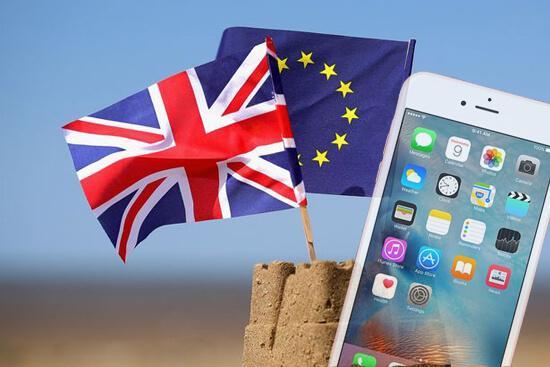How will Brexit impact on roaming charges for UK residents?

The growing importance of digital technologies led EU policy makers to recognize the need to foster a single market in digital goods and services. One aspect of this was the recognition that mobile roaming charges were a significant barrier to the growth of European digital industry. The European Union started to tackle the issue of roaming rates around 2007 and since that time, the charges have been slashed by 80%. They have committed to abolishing them entirely in June 2017.
End of EU roaming
The Brexit referendum is only the first step in the process which will eventually lead to the withdrawal of the UK from the EU. The process of withdrawal will take at least two years and in the meantime, all EU regulations will continue to apply. This means that roaming charges will be eliminated in June 2017 as planned. Once the UK formally leaves the EU the regulations governing roaming will cease to apply. Without replacement legislation from the UK parliament, operators will be free to re-introduce charges. Whether they choose to do so or not will be a commercial decision.
Brexit impact on roaming for UK residents
This year UK residents will spend £350m on roaming charges while traveling in the EU. In an industry where revenues are already under pressure, there will be a considerable temptation for operators to use Brexit as an opportunity to re-introduce roaming charges. They will justify it on the basis of the real economic cost they incur when their customers roam on to foreign networks. Network operators will need to weigh up these economic considerations against possible consumer backlash and intense competitive pressures.
Britain supports British business
So to summarise: Roaming charges will be eliminated next June but may re-emerge after a full British withdrawal. Perhaps of greater concern to consumers and businesses is the potential impact of Brexit on broader industrial and competition policy. Might a post-Brexit government be more open to lobbying from ‘national champions’ such as Vodafone or BT thus reducing the competitive intensity of the UK telecoms market? Any development in favor of domestic telecoms would undoubtedly be harmful to the interests of businesses that rely on a competitive telecoms markets to enable them to grow and innovate across the globe.





